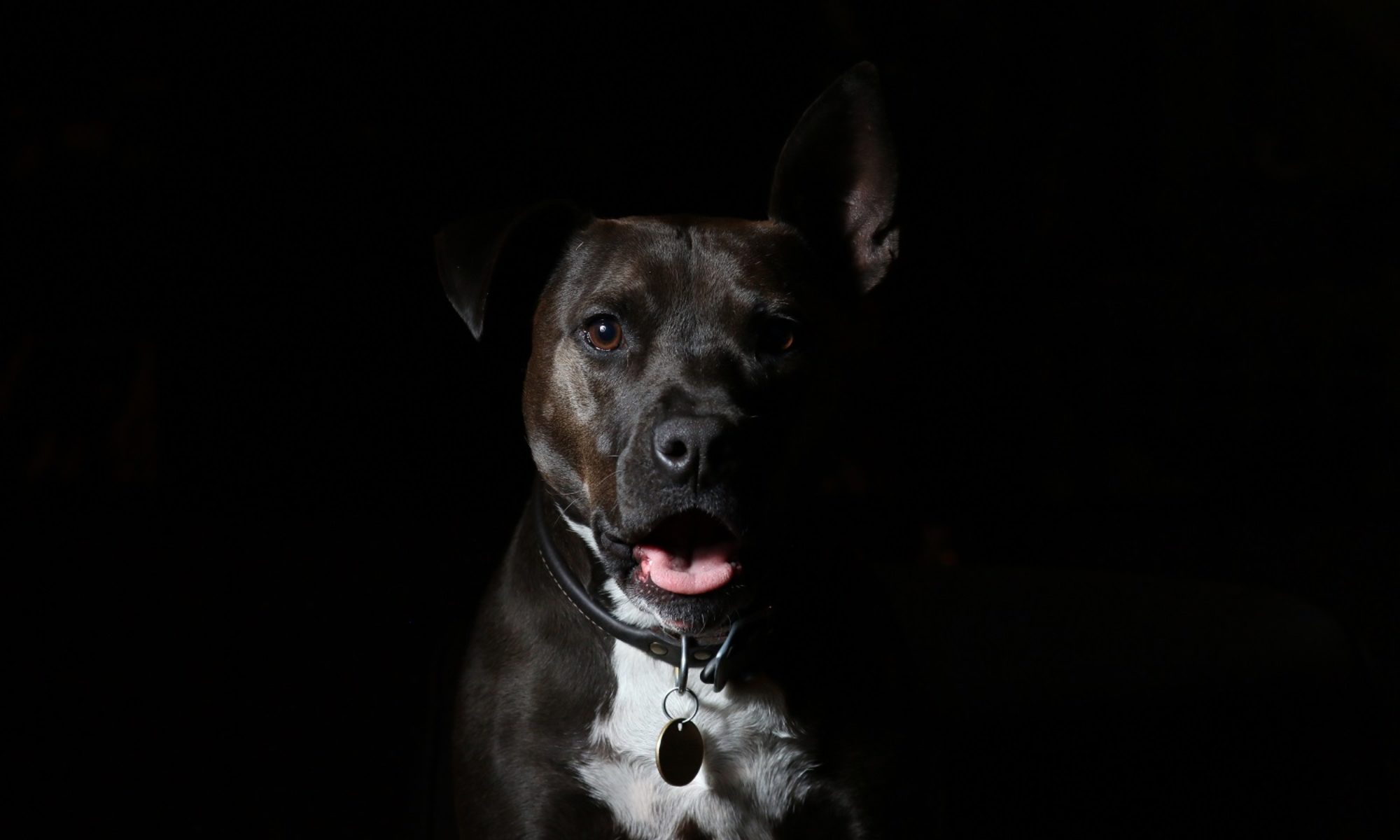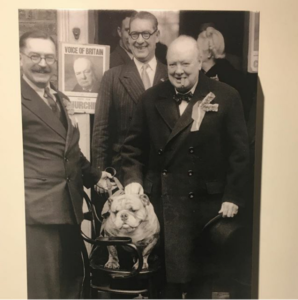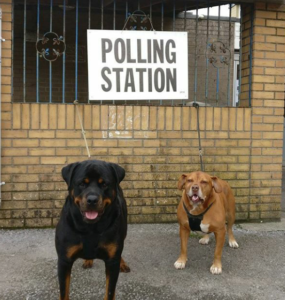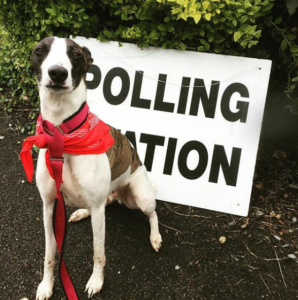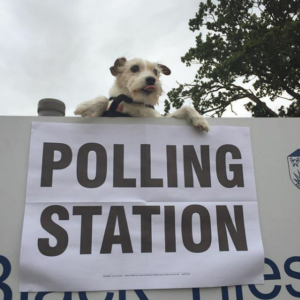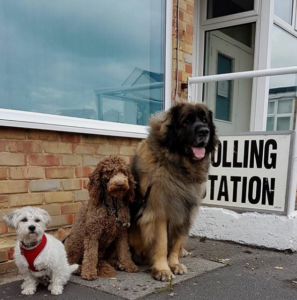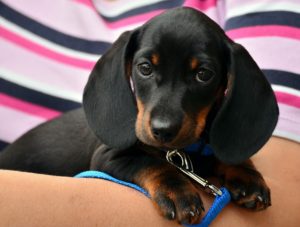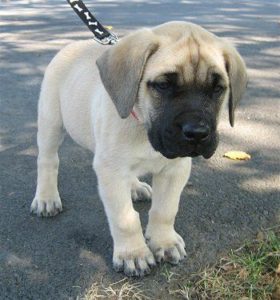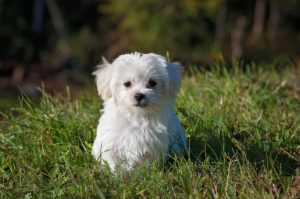
The Great Get Together Bankside
On Sunday the 18th June, thousands of street parties, picnics and baking competitions were held across England to remember MP Jo Cox, a year after she was murdered. Bankside Open Spaces Trust hosted the Great Get Together Bankside opening the streets to colour, laughter, music, theatre, food, drinks and of course…dogs.

No street party would be complete without dogs, so this year, Bankside hosted its first dog show ‘The Great Get Together Barkside’.
The show was hosted by Radio London’s Anna Webb of ‘The Barking Hour’ and was open to dogs of all shapes and sizes to help raise money for the London-based charity ‘All Dogs Matter’. Categories included Lord and Lady of Southwark, Best Rescue, Golden Oldie, Best Trick, and the winners of these categories was awarded the accolade of ‘Best in Borough,’ and took home a hamper of human and canine goodies.

Despite the heat, the dogs had a wonderful time hanging out in the ‘dog chill out zone’ complete with bunting, paddling pools, tasty treats and blankets from our sponsors and dog toys galore.

With help from our generous sponsors, the Great Get Together Barkside managed to raise £356 for the All Dogs Matter charity, an absolutely fantastic success. This money will really make a difference, helping All Dogs Matter to feed dogs, get them chipped, vaccinated, neutered and can help towards any veterinary costs.
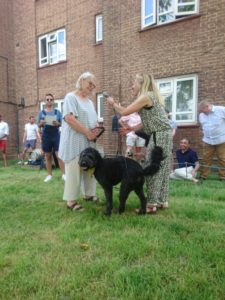
It was lovely seeing such a fantastic range of dogs and owners and it was touching to see so many people turn up to watch the dogs strut their stuff.

The catchphrase of the day in honour of Jo Cox was “we have more in common than that which divides us”. Nothing more encapsulated this than the range of dogs, owners, and observers, all of whom came to show their support for All Dogs Matter. An absolutely wonderful, and forever memorable day.
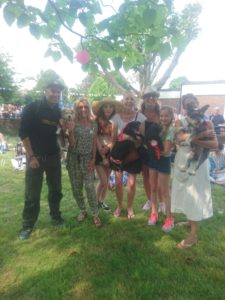
With thanks to our generous sponsors: Hiro + Wolf; Fetch and Follow; Burns Nutrition; Lily’s Kitchen; Doodles by Dishwashee; The Darling Dog Company; and Sarah Whitehead’s Clever Dog Company.
